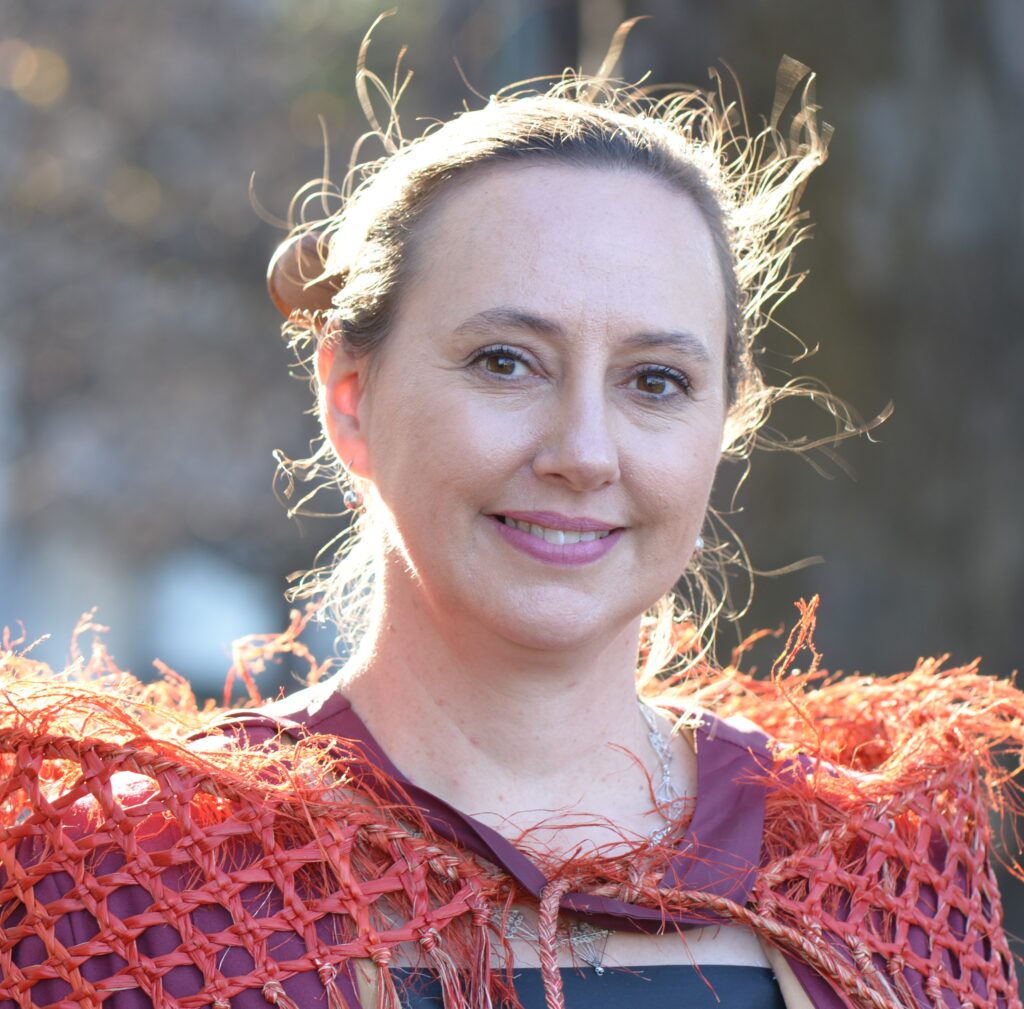
Collaborator
Keziah Wallis (Kāi Tahu) is a social anthropologist whose previous work has focused on the ways that religion, culture, and gender intersect in the production of connectedness in contemporary Myanmar. Her work involves the integration of experiential, womanist, and Indigenous, and anticolonial anthropological methodologies in the pursuit of a decolonised understanding of how communities establish a sense of self-identity and belonging.
Keziah completed her studies in New Zealand and taught at both the University of Otago and Victory University of Wellington before joining the University of the Fraser Valley as an Assistant Professor in Anthropology. While at Victoria University Keziah was part of the Marsden-funded Difficult Histories project led by Māori sociologist Joanna Kidman and historian Vincent O’Malley. This project explored the relationships between cultural memory of the colonial past and contemporary race relations between Māori and non-Māori in New Zealand.
Keziah also participated in a project led by Victoria University film scholar Miriam Ross exploring the ways in which Indigenous creators and their communities engaged with virtual reality. As part of that project Keziah developed a system for cataloguing the different kinds of engagement Indigenous creatives have with virtual reality projects as well as producing a database of Indigenous VR project.
Keziah is part of a Rutherford Discovery project led by geographer Kelly Dombroski entitled Transitioning to caring economies through transformative community investment. As part of this large interdisciplinary collective, Keziah’s research focuses on the ways that religious ontologies shape the kinds of care work people engage in. In particular she is collaborating on an exploration of how Settlers working at a social non-profit understand and engage in reconciliation work within a community with a large Māori population alongside a high rate of poverty and debt.
